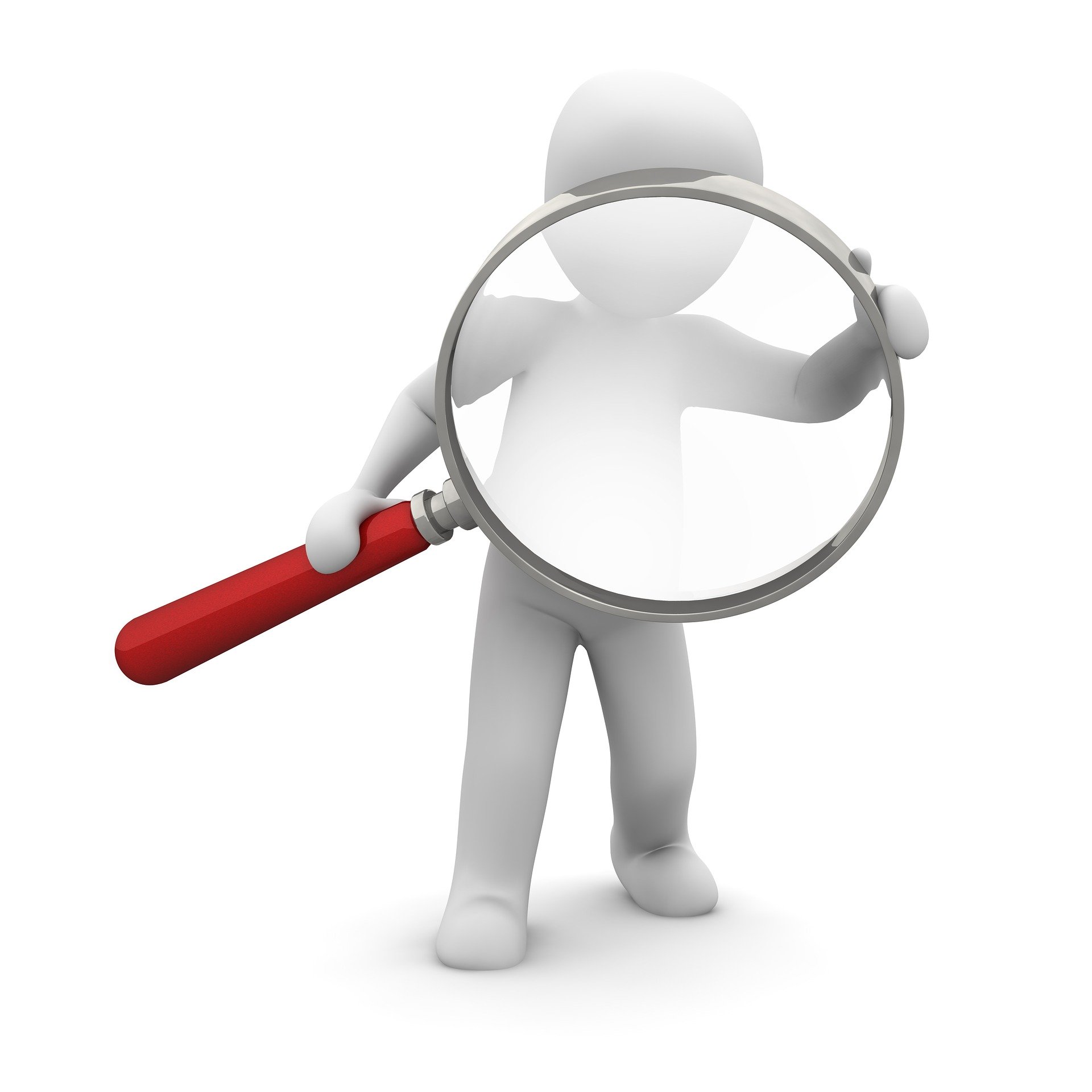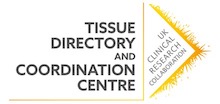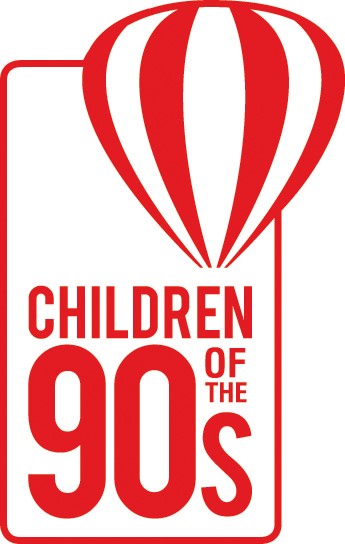ATLAS: Advanced dataset search tool for researchers
Wednesday 26th February 2020
The UKCRC Tissue Directory and Coordination Centre (TDCC) is proud to be launching ATLAS, a new online search tool for researchers. This is the first time that a cross disease and cross domain search tool has been created. It enables access to live, detailed information about population datasets.
What is ATLAS?
ATLAS is a search tool that enables researchers to find information about population cohorts relevant to their research. This tool builds upon the search facility of the UKCRC Tissue Directory by enabling access to detailed, live information about the data associated with tissue samples, held by some of the UK's largest bioresources, cohort studies and human sample resources already registered in the Tissue Directory.
ATLAS will facilitate more efficient communications between researchers and sample resources, and in turn, contribute to faster, more economical health research.
In the first wave of the launch, on 26th February 2020, information from four UK organisations will be available to search via ATLAS: NIHR Bioresource, Nottingham Biomedical Research Centre (BRC), Generation Scotland and the Avon Longitudinal Study of Parents And Children (ALSPAC), also known as 'Children of the 90s'.

Registering to use ATLAS
Researchers must complete a free registration process to use ATLAS. Registration is open to academic and industry researchers.
- Click the button below.
You will be asked to provide your name, work address, email address and a weblink to your work profile or similar (for verification). - You will receive login details via email (please check spam).
- Use the login details to access ATLAS.
What new functionality does ATLAS offer?
ATLAS will enable researchers to search for cohort data using thousands of variables. ATLAS allows searching on individual records, returning tables of results, so researchers can be much more specific about the data required for their research. ATLAS does not provide access to the raw data but enables researchers to find out where relevant data is held. Normal access procedures apply for researchers seeking to use data.
Researchers interested in cohort study data or seeking specific associated data may find this tool useful. Researchers without a disease-focused research interest may also benefit from its use.
By comparison, the UKCRC Tissue Directory constitutes high-level, aggregated data inputted by biobanks themselves. Researchers can search for human tissue by disease name or by ‘fit and well’, if they are looking for samples from healthy individuals. Search results can then be filtered by a number of parameters. The current Tissue Directory search is adequate for many researchers looking to access tissue but others will benefit from the functionality offered by ATLAS.
What tissue and data can I search?
In this first wave, launching 26th February 2020, ATLAS will provide researchers with access to live information from four organisations (details below). More organisations are planned to join ATLAS throughout 2020.
ALSPAC is a multi-generational study that began as a pregnancy/birth cohort. In 1991/1992 ~14,500 pregnant women living near Bristol were recruited. Detailed data have been collected on these women, their children, their partners, subsequent children and the children of the following generation. ALSPAC has a uniquely rich longitudinal resource containing phenotypic, environmental, genetic and administrative linkage data from different cohort groups.
The data available includes ~80,000 variables gathered via questionnaire based data from parents, children and others (e.g. schools) since the early 1990s and from face to face clinic examinations taken in focus in early years and then across participants, yearly, from the age of 7 until the present. Further information for subsets of the cohort includes brain MRI scans, liver scans, mental health assessment interview and NMR metabolomic data. Data are collected on an extremely wide number of subject areas (from parent experiences, education and employment through to diet, vision and hearing) and are summarised here.
Generation Scotland is a population and family based cohort designed to study the genetic and environmental determinants of health, currently comprising 24,000 adults in 7,000 family groups. Participants answered detailed questions about their medical history, education, thinking skills, mental health, occupation, lifestyle and habits, gave consent for genetic studies, linkage to their NHS medical records and to recontact them for follow on studies.
The data available includes demographic data, hospital admissions data including ICD codes, traits measured at baseline, such as blood pressure, BMI and FEV1, and summary genetic data.
The NIHR BioResource consists of over 150,000 consented volunteers with and without health conditions. They are willing to be invited to participate in research studies investigating the links between genes, the environment, health and disease. Health, Lifestyle, Genomic and Metabolic data from these volunteers are used for recall of individuals into experimental research studies.
The data available includes de-identified clinical phenotype of participants in the Cambridge-based Health Data Research UK Sprint Exemplar. Participants have one of three rare diseases: Bleeding and Platelet Disorders (BPD), Pulmonary Arterial Hypertension (PAH) or Primary Immunodeficiency Disorders (PID). Access to health-related records and Whole Genome Sequencing data is also available to research projects approved through NIHR’s data access process.
The Nottingham Biomedical Research Centre and Nottingham Clinical Research Facility were established in April 2017 and together they are driving innovation in experimental science. They translate research into breakthrough treatments, new technologies and advanced medicines to meet the needs of patients, carers and families locally, nationally and internationally.
The data available via ATLAS is from the GASP study (Genetics of Asthma Severity and Phenotypes). GASP includes patients with moderate-to-severe asthma from multiple centres in the UK. Inclusion was based on clinical records that indicated that a patient was taking medication required for patients defined as having moderate-to-severe asthma according to the British Thoracic Society (BTS) 2014 guidelines. Cases were genotyped using the Affymetrix Axiom (Affymetrx, Santa Clara, CA, USA) UK BiLEVE array and the later-generation Affymetrix Axiom UK Biobank array, which are 95% identical in content.
Who has developed ATLAS?
The project has been led by the University of Nottingham (lead of the UKCRC TDCC) and Health Data Research UK, supported by Nic Timpson from the University of Bristol. ATLAS originates from a need to create Access points to Tissue, Longitudinal data, Archives and Samples. The UKCRC TDCC is keen to support this work as it aligns with our mission to minimise duplication of effort and maximise the use, value and impact of Human Sample Resources.
To enable quick development of ATLAS, the University of Nottingham formed a research collaboration with BC Platforms. BC Platforms adapted one of their existing products to make UK datasets more discoverable. The communication protocols used in developing ATLAS are being made public, offering opportunities for future innovation as they can be developed and used by others. Speaking about the initiative, UKCRC TDCC Director, Phil Quinlan said: "We are really pleased that BC Platforms has taken such a bold step to allow us to open up their proprietary communication protocols for the benefit of the health research community."
ATLAS has been supported by Health Data Research UK (HDR UK). ATLAS aligns with HDR UK's mission to unite the UK's health data to enable discoveries that improve people's lives. As collaborative work with HDR develops, it is hoped that ATLAS will interlink with other data access platforms.
Are you a biobank, cohort study, or other human sample resource interested in joining ATLAS? Email atlas@BiobankingUK.org




